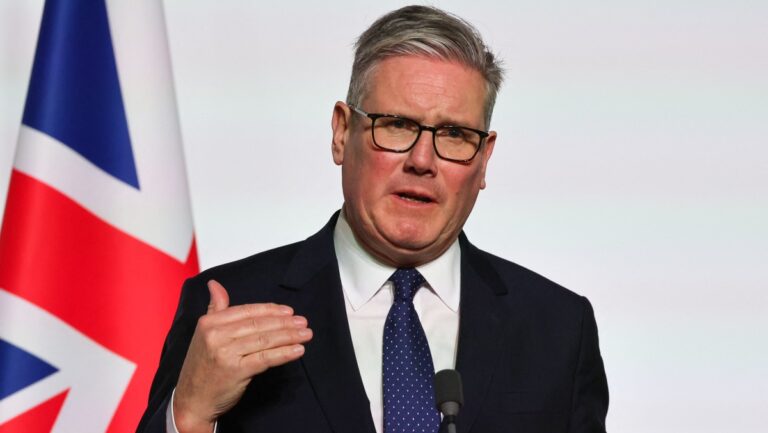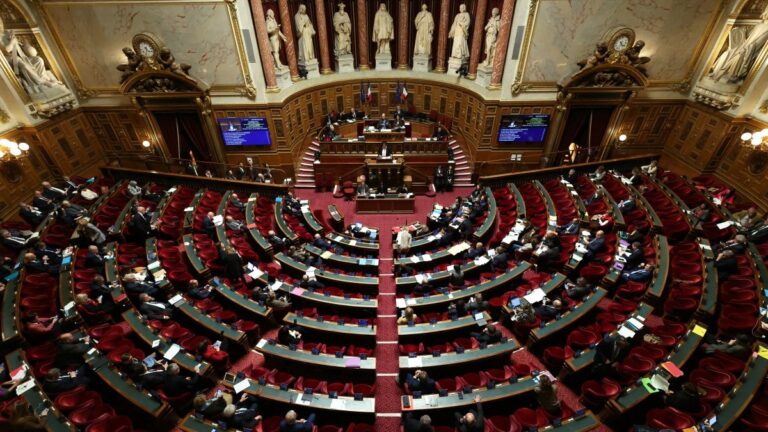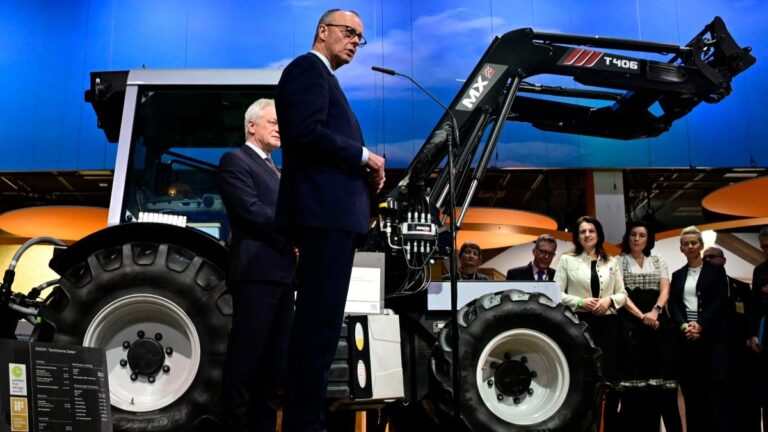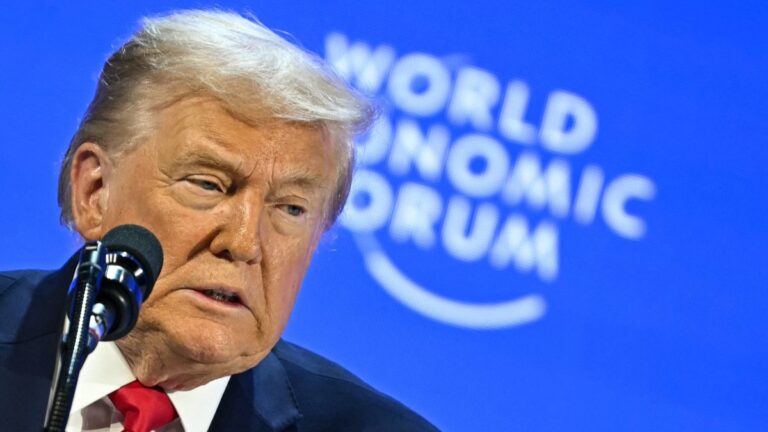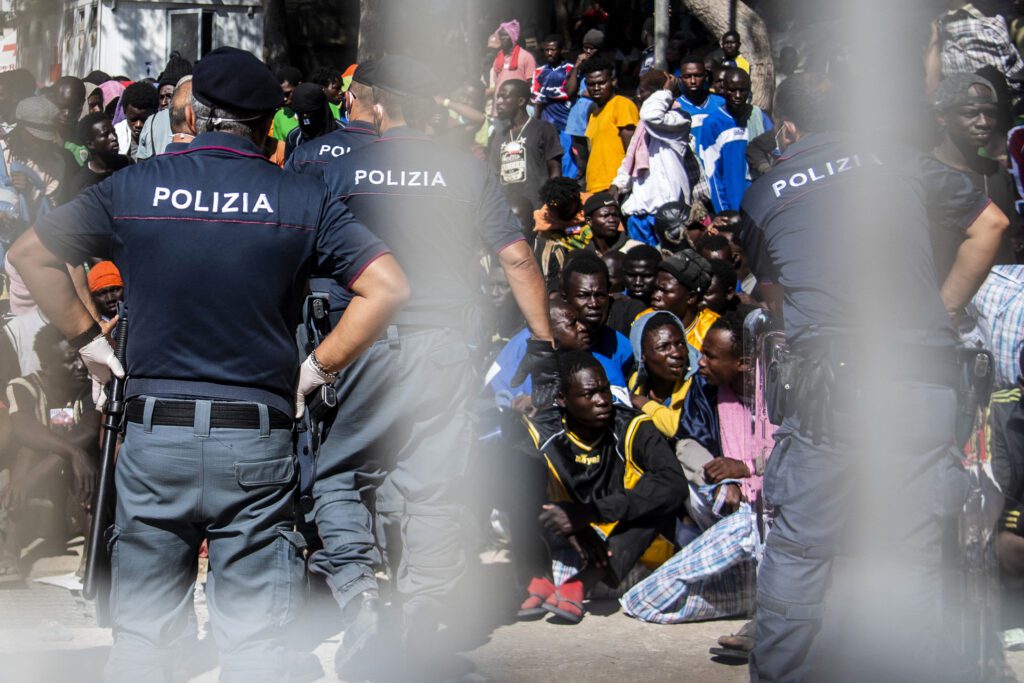

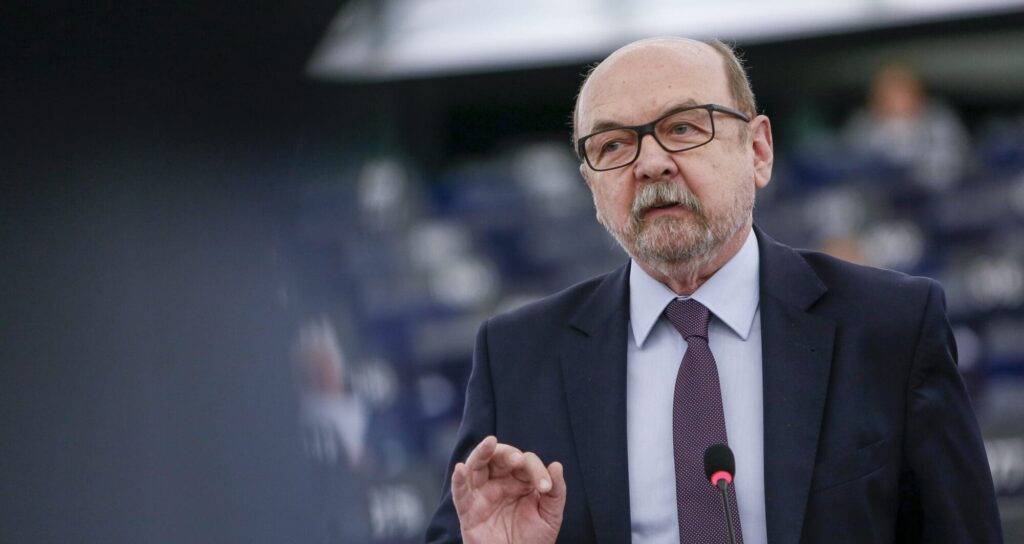

In our guide to the 2024 European elections, we scrutinize the institutions in Brussels and beyond—how they work, and why they’re not working. National sovereignty, agriculture, migration, technology, the Green Deal and more: read what is at stake, as a broad group of analysts and MEPs weigh in on the key debates. The elections will be crucial for deciding what kind of future Europe we want. The European Conservative’s election guide, The Stakes, can help to shape this vision.
This June, Europeans will have the chance to vote in the most important-ever elections to the European Parliament (EP).
There’s a reason that EP elections have a historically low turnout. EU politics often seem distant with no real impact on our everyday lives. The truth is, however, that today EU policies are shaping everything around us and Brussels is turning into Europe’s primary political battlefield.
That’s why these elections matter.
The increasing centralization of power in the EU means that member states and their elected governments have less and less say in shaping their own destiny. Brussels has sought to undermine border controls and dictate how many migrants member states must take; to impose a Green Deal and shift to renewable energy, even at the expense of our industries and farmers; to curtail our freedom of speech in online spaces, and to determine how we defend Europe from external threats.
On all of these issues and many more, national interests now often have to be subordinated to the will of the Brussels bureaucracy or the majority within EU institutions. In response, there is a populist rebellion brewing across Europe that could start to change the face of the EU through the June elections.
Of the three main EU institutions, only the members of the European Parliament (MEPs) are elected directly in each EU member state. This means that, while you have limited power to influence who’s making decisions on your behalf in the European Commission and the Council, you have a direct say in who’s sitting in the EU Parliament.
As a body, the Parliament is a co-legislator. Unlike national parliaments, it cannot directly propose and pass its own laws. But it has the power to approve or reject the Commission’s proposals, to modify each law, and to propose its own to the Commission. This means that MEPs have a say in every decision coming from Brussels that affects your life, from migration and the green transition to Europe’s common defense policy.
This year, we’re electing 720 MEPs to the Parliament, with each country delegating a fixed number of deputies, proportional to its population size. Germany (96), France (81), and Italy (76) have the most, while Malta, Cyprus, and Luxembourg have the least, six MEPs each.
EU elections are held every five years on the same weekend in all 27 member states. The 2024 EU elections will be held between June 6th and 9th.
During EU elections, citizens are casting their votes for national parties, who once elected then join larger alliances in Parliament, called parliamentary groups.
Currently, there are seven groups in the European Parliament, including four on the left: the liberal Renew, the social democrat S&D, the environmentalist Greens, and the radical The Left; and three on the right: the center-right EPP, the national sovereigntist ECR, and the right-wing populist ID.
They do not form a government like in national parliaments, but if groups manage to win a majority of seats and are willing to work together, they are considered an informal ‘coalition’. The current Parliament has a center-left leaning coalition between the EPP, S&D, and Renew, which maybe on the verge of losing its majority with the predicted growth of the conservative bloc in the June elections.
Voters should check which group their preferred domestic parties belong to before heading to the polls, because a vote for one member is an indirect vote for every other party within said group. For example, the German center-right CDU’s average voters might never support the social-democrat SPD, but their corresponding groups (EPP and S&D) generally work together in Brussels.
The EU decision-making process usually starts with the Commission – a largely unelected and unaccountable body of officials – proposing a law which is then tweaked and approved by the Parliament, and then finalized by the European Council.
The Council is made up of the governments of the 27 member states. Their votes nominally carry an equal weight, but many decisions require only a qualified majority—two-thirds of member states representing 65% of the EU population—to be approved, in which larger member states have a clear advantage.
There are now moves afoot to abolish the veto in the Council, so that elected national governments would be bound by majority decisions on important issues – whatever their electorate at home might think. This makes voting for parties that will defend national sovereignty even more important in June.
The European Commission is often regarded as the most powerful of the EU institutions and is made up of 27 commissioners, each dealing with specific policy areas. Each member state delegates one commissioner.
Members of the European Commission, including its president, are nominated by a qualified majority, meaning that you—through your government—have a limited say in who’s leading Europe for the next five years.
However, the commissioners and the president also need to be confirmed by the Parliament with a simple majority. Here’s where your vote can count in choosing the EU executive.
Furthermore, the treaties suggest that EU member states’ choice for Commission president should take into consideration the outcome of the EU elections through the ‘lead candidate’ or Spitzenkandidat system—the candidate of the largest party should be the member states’ first choice for Commission President.
The Spitzenkandidat system, however, is not legally binding—member states can adhere to or ignore it at will. Nonetheless, keep in mind that by voting for a party, you are also voting for the lead candidate of that party’s group as your choice for the de facto president of the European Union.
The EPP is projected to remain the largest group, and its Spitzenkandidat is the current Commission President Ursula von der Leyen.
The colors indicate the placement of national parties leading the polls on a ‘Eurofederalist-Sovereigntist’ spectrum. This was based on voting patterns of their MEPs concerning various treaty change proposals that include scrapping countries’ veto rights in certain policy areas, analyzed by EU Matrix in 2023. The lower the score, the more a party supports deeper EU integration (‘Eurofederalists’); the higher the score, the more the party opposes giving more power to Brussels (‘Sovereigntists’).
The Dutch PVV, for which no data was available, was given an approximate score of 90.
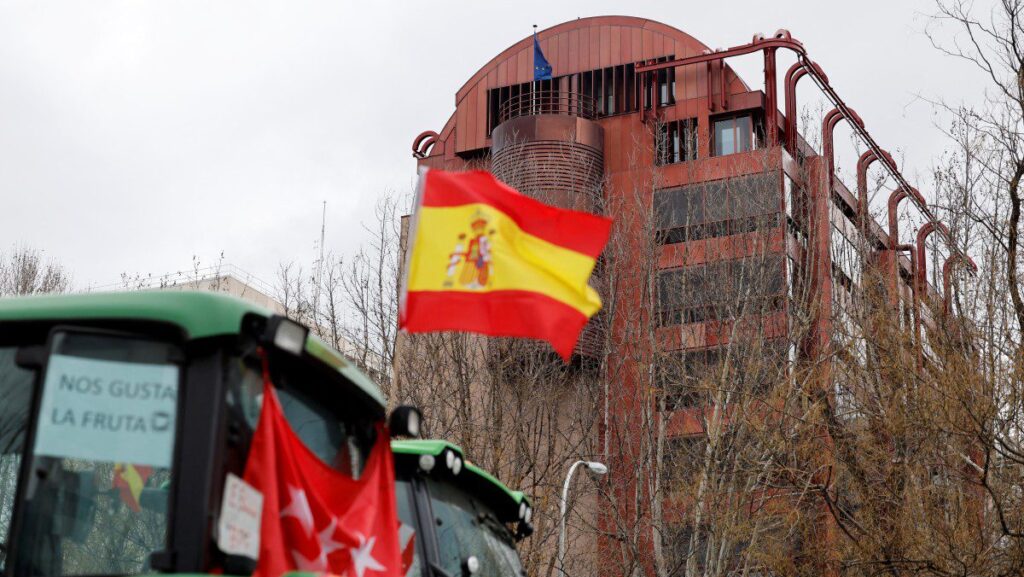


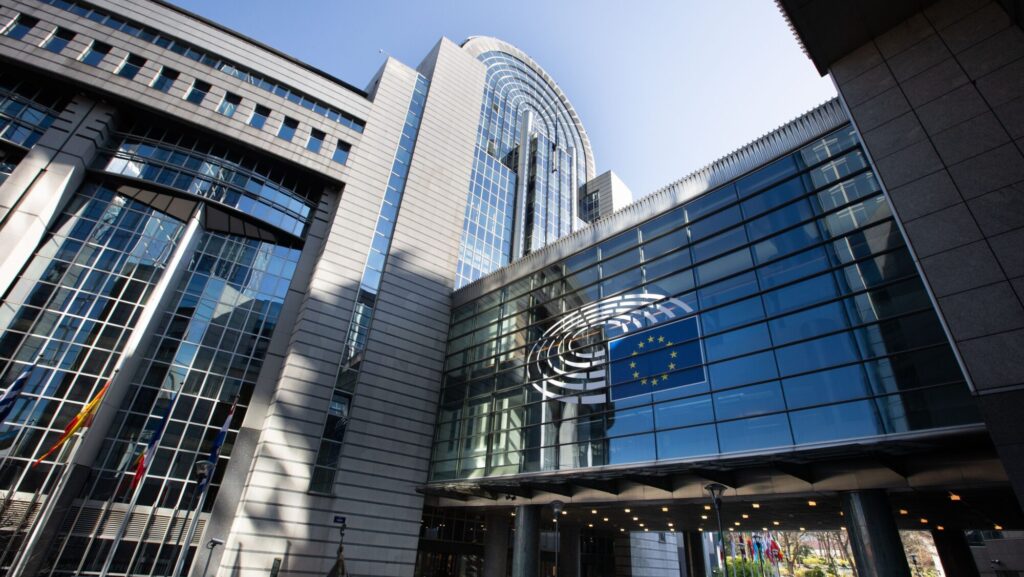

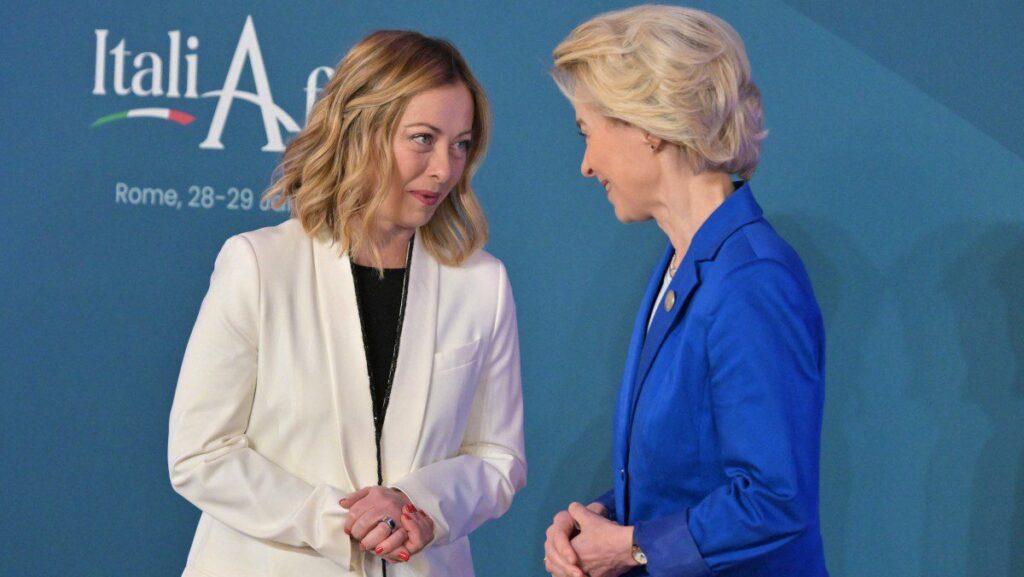
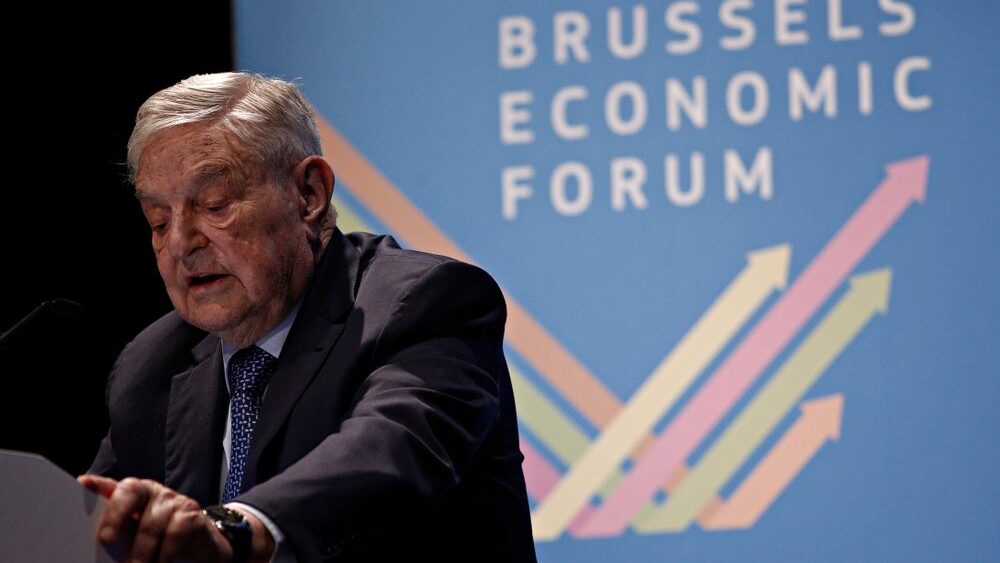
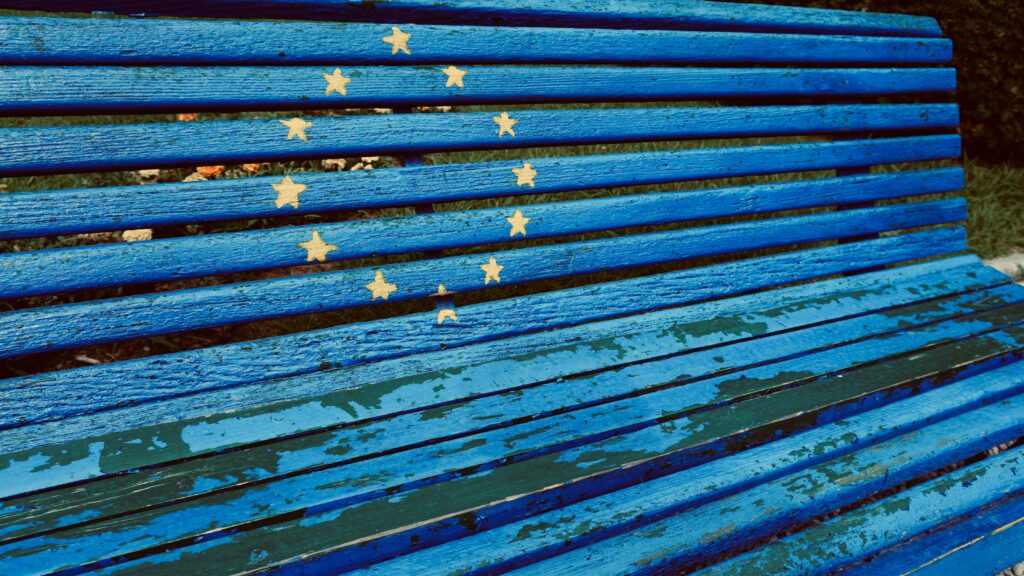
The small Balkan state has been waiting to be allowed into the European Union for over 15 years, whereas a country currently at war claims it could join in 2027.
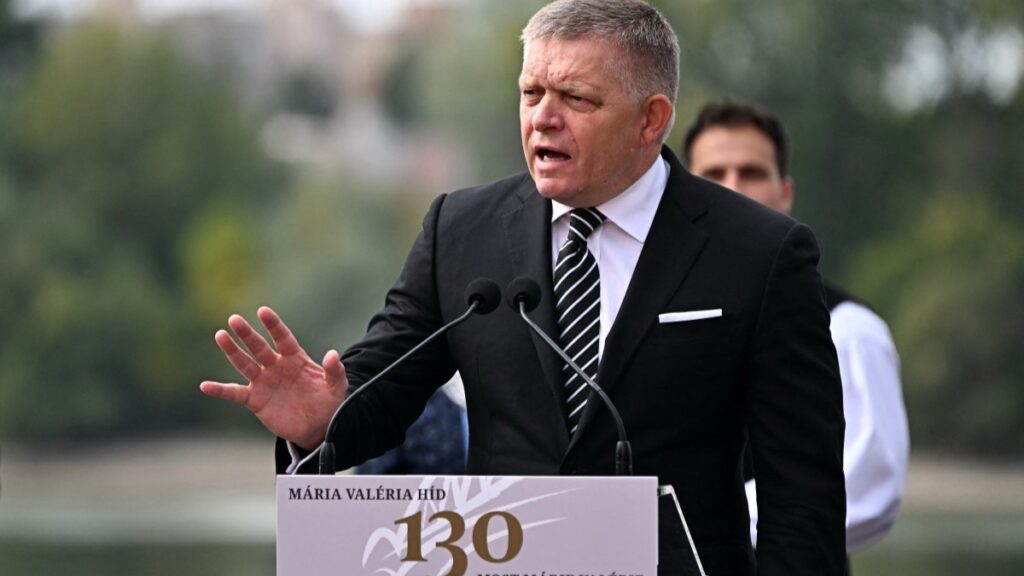
The Slovak prime minister rejected claims that he found his meeting with the U.S. president “traumatizing,” calling the reporting false and politically motivated.
